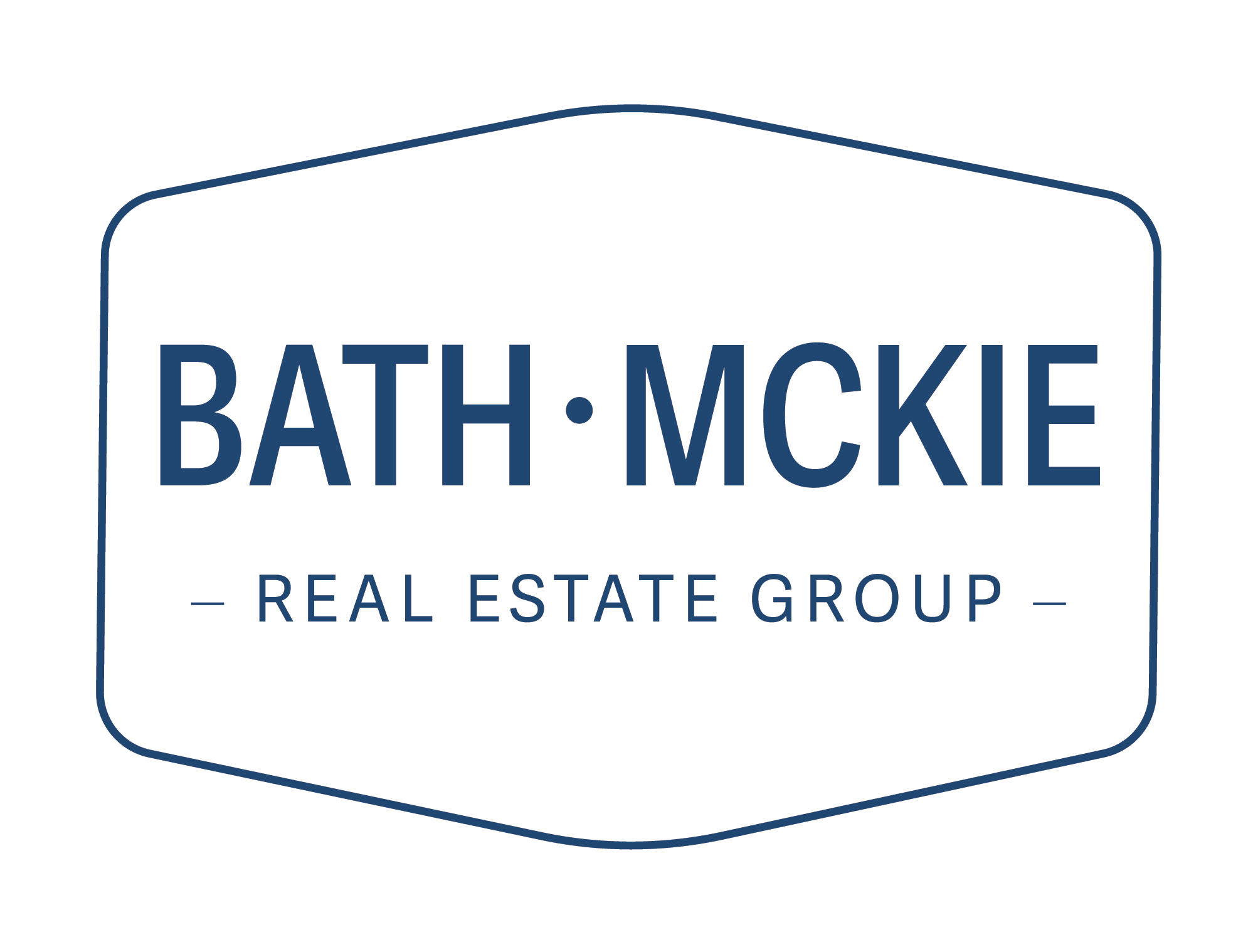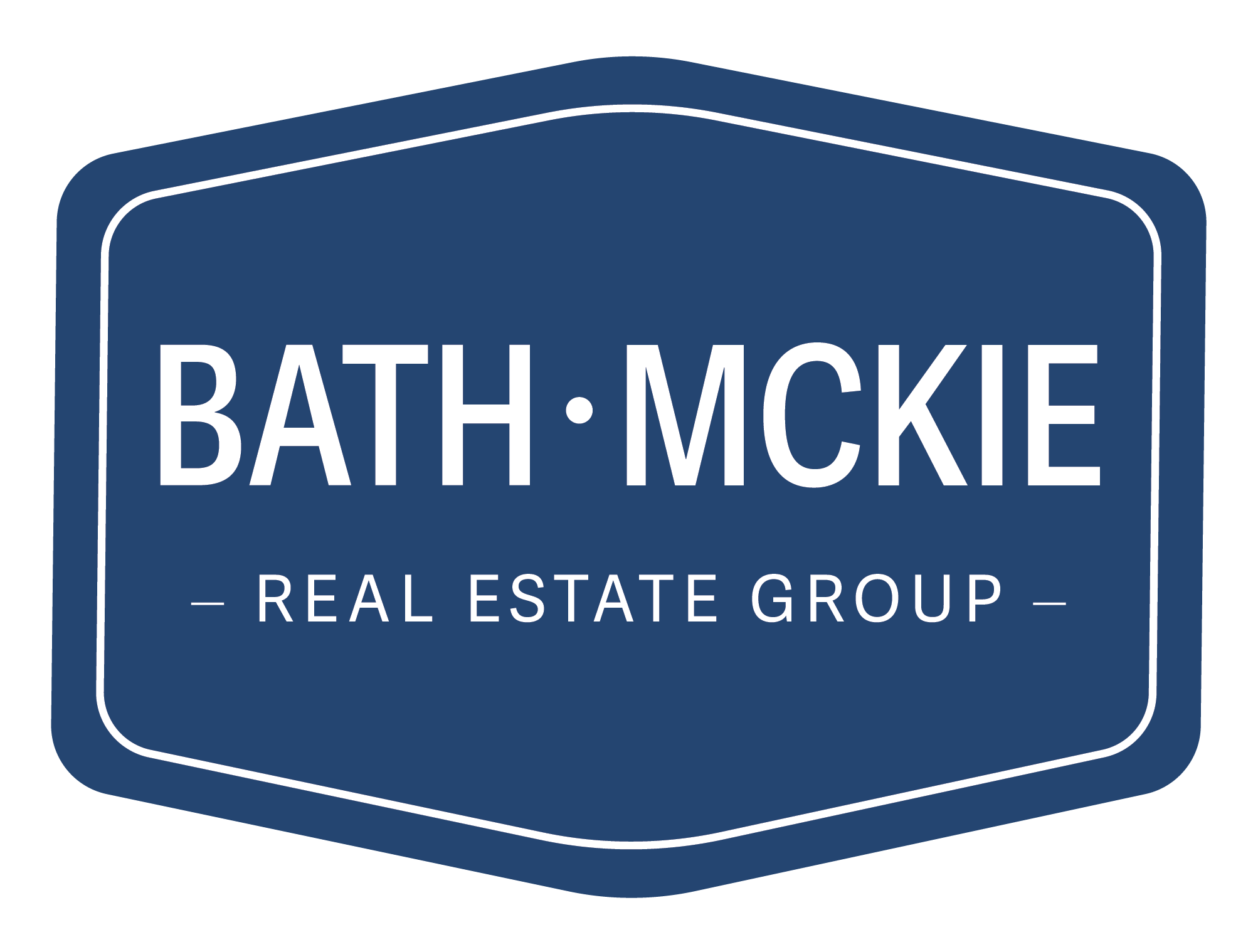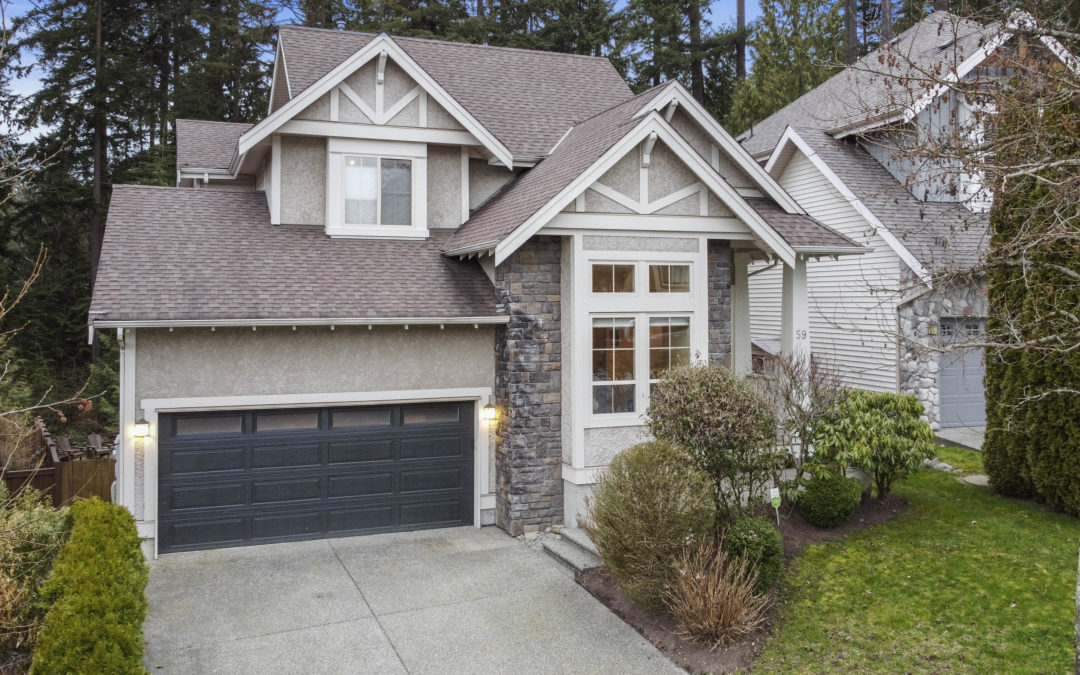Buying a home in British Columbia is no small accomplishment. There’s a lot at stake – from strict deadlines to a considerable amount of paperwork and due diligence. It’s a pivotal, exciting life event, especially for first-time home buyers.
Nonetheless, there are several questions you may need to ask yourself to make your home-purchase process a success.
Since this is a multi-stepped process, we have put together a guide to walk you through the steps of how to buy a house in BC.
1. Build Your Team & Establish Your Goals:
Firstly, it’s important to “build your team” and surround yourself with the people that you feel are the best “fit” for you. This team will help you realize your goals and support you every step of the way.
Your team would include any or all of the following:
- REALTOR®,
- Mortgage Broker,
- Lawyer/Notary,
- Inspector, Friend,
- Family Member(s).
Now utilize this team to establish your goals. Are you making a home purchase for lifestyle reasons? Investment reasons? Where do you want to live? Will you be renting it out? What location is best for you or best for rentals? What home style are you looking for (condo, detached, etc.)? How much can you afford? Have you established a plan to accomplish this?
2. Establish Your Down Payment Amount
Secondly, you must be realistic about what you can afford and what best suits your needs right now. This will help you save time down the line by looking at homes outside of your goal.
Having a generous down payment saved will be a must, especially because Vancouver housing prices have spiked over the last decade. A down payment is an initial up-front payment for the purchase of a house.

But how much for a down payment on a house in BC do you need? While the amount of downpayment can vary depending on your financial situation, what you’re looking to purchase, and your lender requirements, typically, with house prices over $1,000,000, you will need a minimum of 20% down.
All in all, saving for a down payment may require making long-term and short-term saving plans. Luckily, the BC government has many first-time home buyers programs to help you financially achieve your buying goals.
3. Set A Budget & Have A Stable Source Of Income
Thirdly, you will need a stable source of income and a good credit score. Apart from the down payment, owning a house may also come with additional costs other than the sale price. These include
- Closing costs, such as Property Transfer Tax, GST, legal fees, and home inspection fees
- Ongoing costs, such as monthly mortgage payments, property taxes, and home insurance
- Maintenance costs, such as utilities and strata fees
Having a stable source of income will allow you to make your housing payments and have savings to cover unexpected costs. The latter will be important in determining how much you will pay in mortgage payments.
4. Hire A Real Estate Agent
Hiring a real estate agent in BC will make your home-buying experience less stressful. Working with an experienced team of REALTORS ®, especially when buying a home in British Columbia, has many advantages. In fact, ppart from their vast networks of a vast network of REALTORS® linking sellers with potential buyers, they can help you navigate the overwhelming market by
- Establishing a home search and setting up property tours in your desired neighbourhoods.
- Preparing contracts and negotiations
- Handling of all documentation and guidance around important deadlines
- Provide moral support you may need
- Assist in the Due Diligence process.
Our team will take most of the stress and guesswork of buying a new home. Contact us today for a free, no-obligation chat.
5. Drive and Research Neighbourhoods
Where do you see yourself living? Researching about neighbourhoods you’re considering living in is a good place to start. Thus, you may consider looking into things like schools, public transportation and safety.
Therefore, it’s important to determine your must-haves in your neighbourhood and ensure that you find one that best fits these criteria.

If you’re interested in buying a house in Maple Ridge, Pitt Meadows, Coquitlam, Port Moody or any surrounding cities, contact our real estate agents! Our team will be happy to help you find a house for sale in BC in the perfect location for you.
6. Search For Properties
After finding an agent to help you find properties and help you with the home search, it’s important to know what you need and wants in a house. Consider details such as
- Number of bedrooms and bathrooms
- Location
- Type of property
Moreover, make sure to have a clear idea of what you need in your new home. For instance, what are deal breakers for you, and what would be good to have but that you don’t necessarily need right now? This will help both you and your REALTOR® find the right property for you.
If you’re looking for a house for sale in Coquitlam, Port Moody, Maple Ridge or any of the surrounding cities in the lower mainland of Vancouver, give us a call or contact our real estate agent for a free, no-obligation chat!
7. Submit an Offer
If a property is within your budget and meets your must-have criteria, you can ask your real estate agent to submit an offer. Your first offer may not be accepted. But don’t be alarmed, that’s normal! Hence, we recommend having a list of potential houses you’re interested in case this happens.
If you’re interested in any of our listings, working with our team, have inquiries about our processes, the market or anything in between, get in touch or reach out through Facebook or Instagram.
Disclaimer:
“This blog post is not intended as advice and is to be used for information purposes only. We recommend all readers seek advice from their own REALTOR® or other professional and legal advice as required. This information is not intended to form an agency relationship with any of the readers”.






